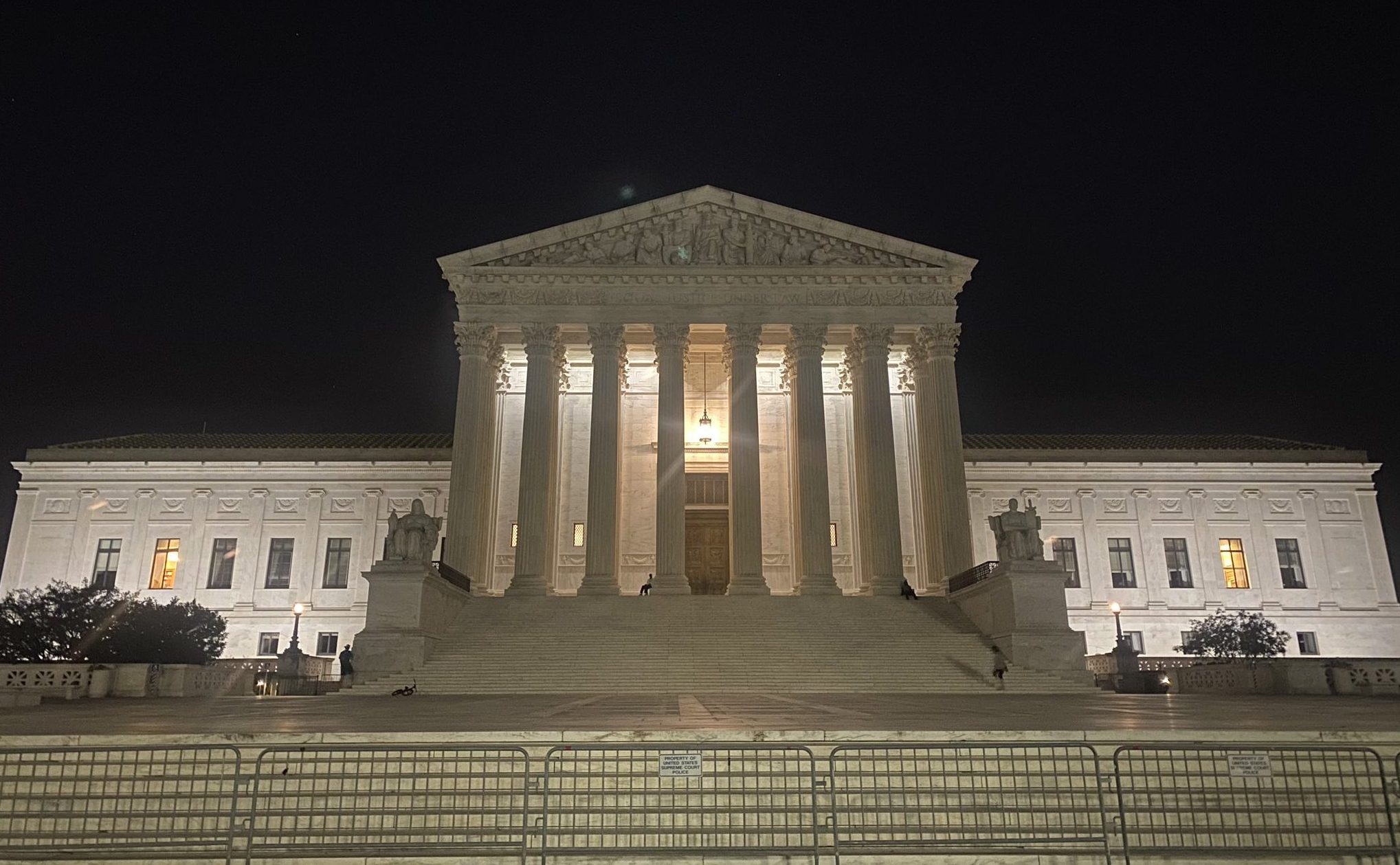EMERGENCY DOCKET
Divided court blocks California’s COVID-related restrictions on in-home religious gatherings

on Apr 10, 2021 at 1:30 am

A divided Supreme Court on Friday night granted a request by a California pastor to put COVID-related restrictions on in-home Bible study and prayer meetings on hold. The ruling, issued just before midnight, was the most recent in a series of challenges, dating back almost to the start of the pandemic, to restrictions on in-person gatherings. Chief Justice John Roberts indicated that he would have denied the request; Justice Elena Kagan filed a dissenting opinion, which was joined by Justices Stephen Breyer and Sonia Sotomayor.
The pastor, Jeremy Wong, and others came to the Supreme Court last week, asking the justices to be allowed to hold Bible study and prayer meetings in their homes. They told the court that by either banning such gatherings, or restricting them to no more than three households, depending on COVID rates, while allowing people to gather in various secular activities, the state was violating their right under the First Amendment to freely exercise their religion. They asked the justices for an emergency order barring the state from enforcing the policy while they continued litigating the issue in the lower courts.
In a brief filed on Thursday, California countered that its policy applied to all gatherings, whether they are secular or religious. In any event, the state added, there is no need for the justices to get involved in this dispute because COVID rates in California have improved and the policy will soon be relaxed: As of April 15, the state planned to permit these kinds of gatherings.
In an unsigned opinion, the majority wrote that the U.S. Court of Appeals for the 9th Circuit’s failure to put California’s COVID restrictions on hold was “erroneous.” The Supreme Court’s decisions in earlier challenges to COVID-related restrictions have, the justices wrote, “made several points clear.” Among other things, the majority stressed, government regulations are subject to heightened scrutiny whenever they treat any secular activity more favorably than religious activity; it doesn’t matter that the state also treats some secular businesses or activities poorly. Moreover, the majority added, a case may remain a live controversy even if the government changes the policy – particularly when, as here, “officials with a track record of ‘moving the goalposts’ retain authority to reinstate those heightened restrictions at any time.”
In her dissent, Kagan contended that the First Amendment “requires that a State treat religious conduct as well as the State treats comparable secular conduct.” That, she wrote, is what California has done, by adopting “a blanket restriction on at-home gatherings of all kinds.” California doesn’t have to treat at-home religious gatherings “the same as hardware stores and hair salons,” she contended.
This article was originally published at Howe on the Court.


